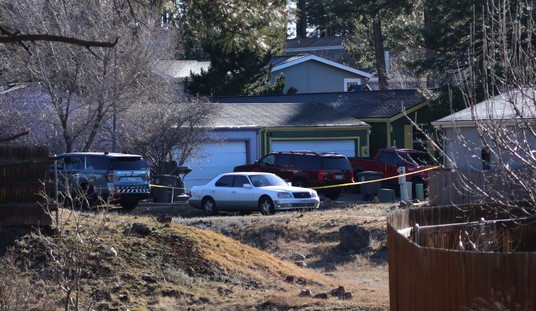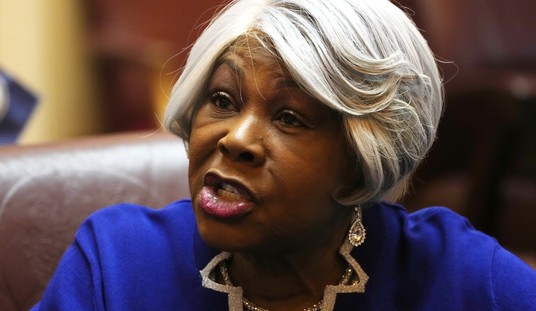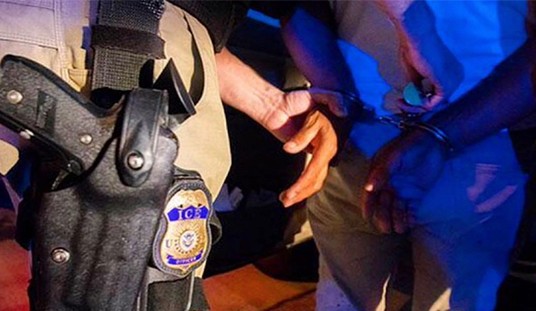I read with interest today this column in the Chicago Tribune by John Kass called “Police Lives Matter, Too.” I agree, as I think all reasonable people do, that police lives matter. But I can’t help but think that this column – and other similar ones like it that have cropped up all over the country – is an exercise in either being willfully obtuse or cynically manipulative.
Specifically, Kass makes the following claim the center of his thesis:
And while many follow these as tragedies, or as provocative commentaries on our politics, there is a group that is too often forgotten, or ignored.
They’re the people who don’t make waves. They’re not good at angry identity politics. They don’t protest. Yet they have a deep and elemental connection to all this too.
They’re police families.
Pardon me for saying this, but the notion that police and their families are ignored when police officers are killed is one of the most patently ridiculous things put into print.
Look, as it happens, I think that cops who are killed in the line of duty should be honored and recognized and their families should be supported. Don’t think that I’m not saying that they shouldn’t. The only problem is, we do an awesome job in our society of honoring our police dead already.
One of the slain police officers mentioned in Kass’s story was Darren Goforth, who was shot to death while fueling his car at a gas station in Texas. In the days since Officer Goforth’s death, the citizens of Houston, completely unprompted, erected this memorial to Officer Goforth at the site of his death:
Officer Goforth’s funeral is expected to be attended by hundreds of mourners and will likely be televised. It will be attended by a full honor guard with a ceremony befitting a military hero:
There’s a horse drawn hearse, the sound of bagpipes, and a somber crowd to remember Martin. But long before the flag is draped over the coffin and the family arrives, hours of practice go into making every detail precise. The Guard ceremony is based on military concepts so precision is everything.
“You have thousands of people waiting on this one command or two commands or this movement or that movement,” said Armstrong.
Here is a picture of a small portion of the honor guard salute NYPD Officer Wenjian Liu’s hearse received on the way to his funeral, which was attended by a full honor guard and more police officers and politicians than could fit in a single photograph frame:
A similar honorium was afforded for NYPD officer Rafael Ramos, who had the honor of having the Vice President of the United States speak at his funeral:
I could go on and on with these images, but I think the point has been made – never in recent memory has a police officer been killed in the line of duty and had his death ignored by his police force, his community, or (probably) his local media. It just simply doesn’t happen that the death of a police officer in the line of duty goes by without honor paid to him and his family. And that’s as it should be.
But here is the point – we don’t need newspaper columns or a hashtag movement to remind people that “Police Lives Matter.” And it’s utterly false to claim that police families are forgotten when police officers are killed. Almost no one receives more public honor, sympathy, and support, than families of slain police officers, and we haven’t needed sanctimonious newspaper columns or hashtag campaigns as a society to help us remember that.
The reason “Black Lives Matter” exists as a thing is that, for too long, when black citizens were killed by police (sometimes without justification), their deaths went largely unremarked upon and unmourned. Until the advent of widespread video camera cell phone use, the protestations of witnesses and their families that their deaths were unneccessary or were the result of excessive force by police were largely disbelieved.
“Black Lives Matter,” as a slogan, was never intended to be descriptive, especially as intended to exclude white lives or asian lives or whoever – which is what the whole debate over “Black Lives Matter” vs. “All Lives Matter” vs. “Police Lives Matter” misses. It is rather intended to be normative and to encourage contemplation of issues that society wasn’t already doing a good job of acknowledging – in other words, unlike the mantra “Police Lives Matter” (or “Blue Lives Matter”).
I understand that “Black Lives Matter” as a political movement is infested with garden variety liberals who have neither the best interests of America nor the best interests of black people at heart. But as a normative statement, “Black Lives Matter” acknowledges an important normative truth that should not be ignored, and that isn’t needed in the case of “Police Lives Matter.”
















Join the conversation as a VIP Member